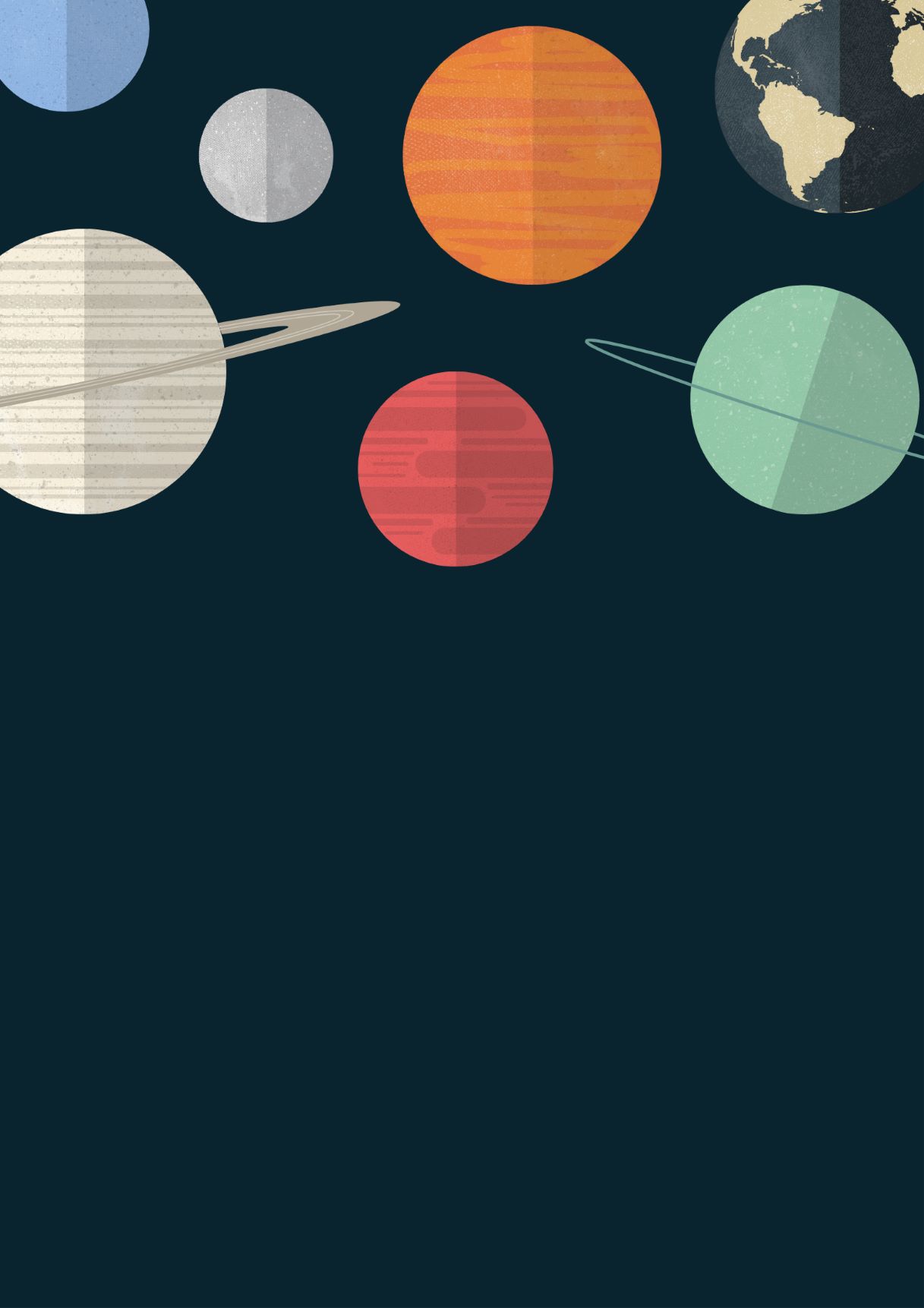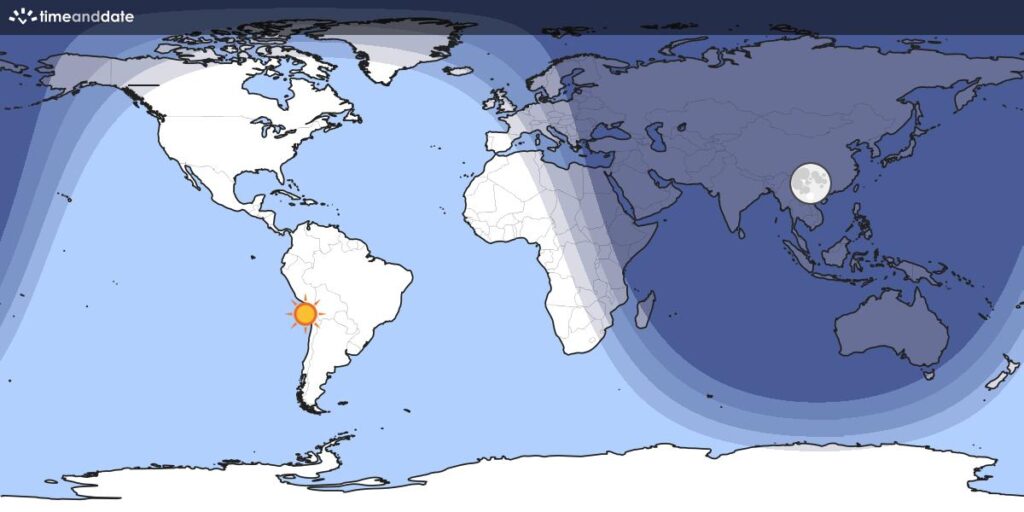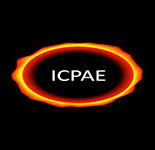
January 17th 2022, 17:00 UTC
18:00 CET and 12:00 EST
12 noon in New York, 6 PM in Paris, 18th 1 AM in Beijing
Day-Night Cloud Asymmetry Inhibits Early Ocean Formation on Terrestrial Planets
Martin Turbet
(CNRS, France)
Recorded video: YouTube, Bilibili
Abstract:
I will present the results of new 3-D Global Climate Model (GCM) simulations aimed at reproducing the conditions of primordial surface water condensation and thus of the formation of oceans on terrestrial planets. The simulations reveal that clouds preferentially form on the nightside of young and hot telluric planets endowed with a water-rich atmosphere. These clouds have thus a net warming effect that effectively prevents the formation of surface liquid water oceans. I will show how this result has important implications for the past and present habitability of Earth, Venus and exoplanets.
About the speaker:
Dr. Martin Turbet is currently a CNRS research scientist working at the “Laboratoire de Météorologie Dynamique” a.k.a. LMD, in Paris. After defending the PhD thesis at LMD in 2018, and a short-term postdoctoral visit at the Department of Geophysical Sciences of the University of Chicago, he did three years of postdoc at the Astronomical Observatory of the University of Geneva. His research work lies at the interface between astrophysics, climate sciences and geophysics. The main expertise of Dr. Turbet is the development and use of sophisticated numerical atmospheric models to study the climates of terrestrial planets located inside the Solar System (Mars, Earth and Venus) and outside (exoplanets). He also works on spectroscopic measurements in the lab (to measure gas opacities) and with telescopes (to study the properties of the atmospheres of telluric planets).
Audience in the world:

(image credit: timeanddate.com)

Organization: ICPAE
(https://www.iamas.org/icpae/webinar)
Supported by IAMAS (https://www.iamas.org)
